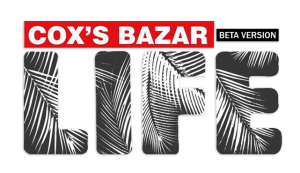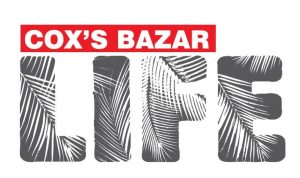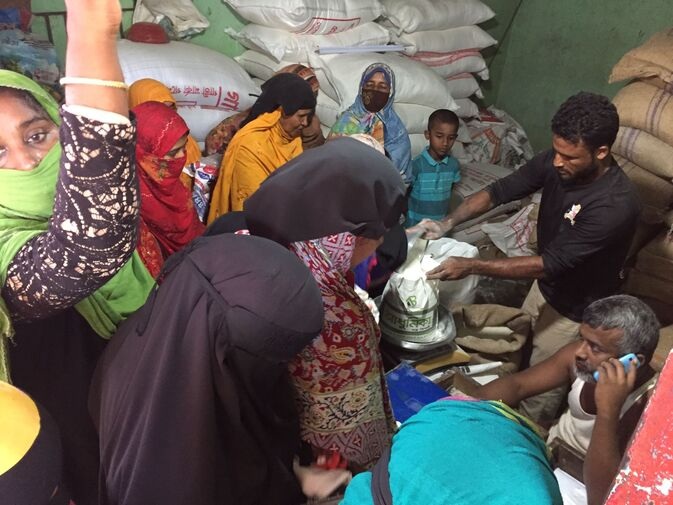With the arrival of Ramadan, the daily lives of Cox’s Bazar’s marginalized communities undergo a visible shift. Even before sunrise, long queues form—bags in hand, eyes filled with hope. The rush for government-subsidized rice and flour is not just a struggle to fill empty stomachs but a poignant reflection of survival itself.
For many, Shamsul Alam’s sales center is a beacon of hope. Under the supervision of the Directorate General of Food, rice is available at Tk 30 per kg, while flour is priced at Tk 24 per kg. Each individual can purchase up to 5 kg of rice and 5 kg of flour—a modest amount, yet enough to alleviate some of the worries surrounding iftar and sehri meals.
Veiled women stand patiently among the crowd, often accompanied by small children. Despite exhaustion, their faces bear a hint of satisfaction—they have managed to secure affordable food for their families. The long wait is a small price to pay for the comfort of a home-cooked meal and the joy of feeding their children.
This fair-price market is a testament to the people’s resilience in their battle for survival. Amid hardship and limited means, their unwavering patience and perseverance mirror the very essence of Ramadan’s teachings.
Thanks to the initiative of the Directorate General of Food, many low-income families in Cox’s Bazar are finding some solace in these trying times.
Rajin Saleh
Photo: Polash Shikdar










